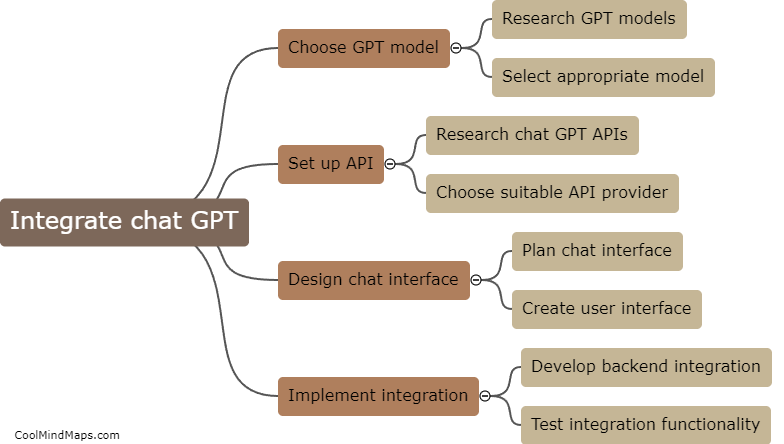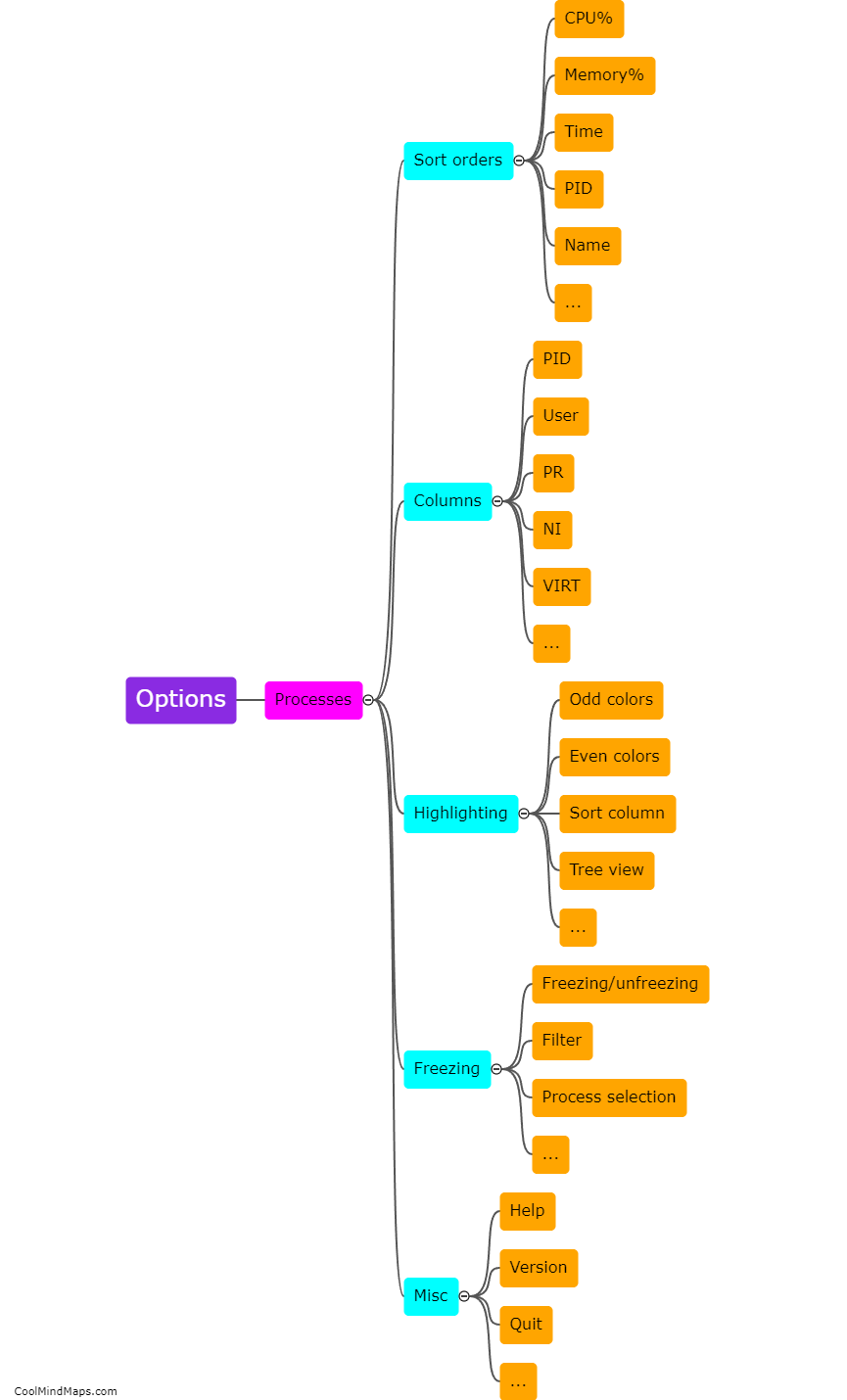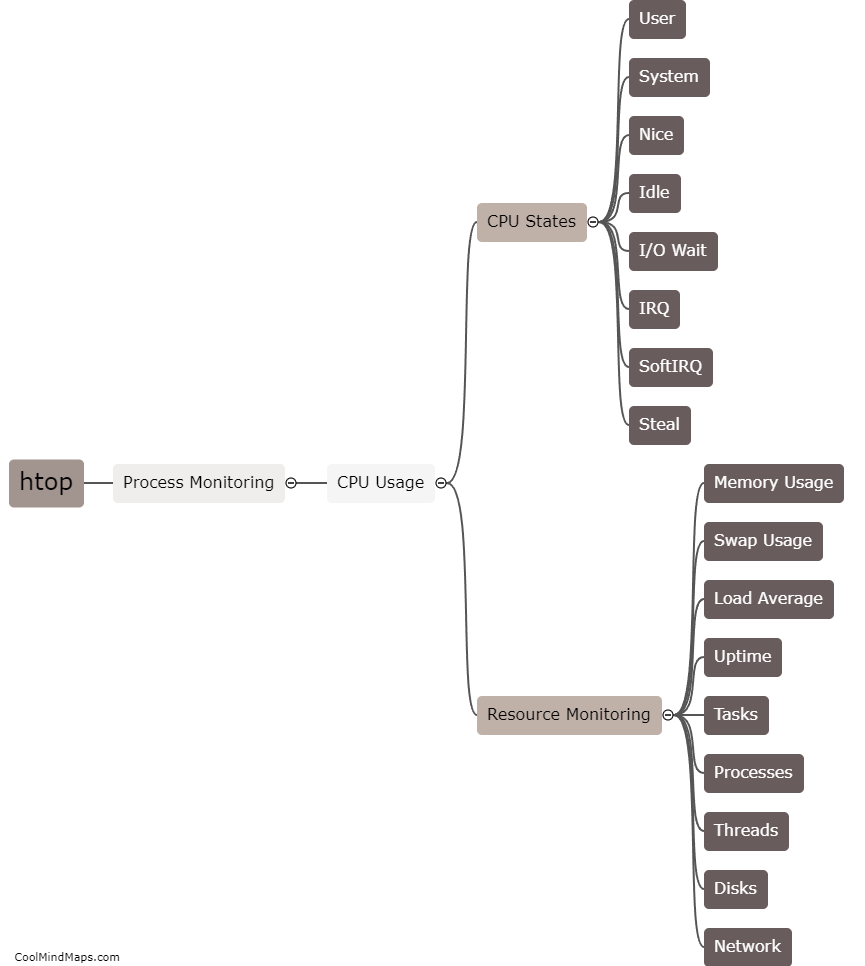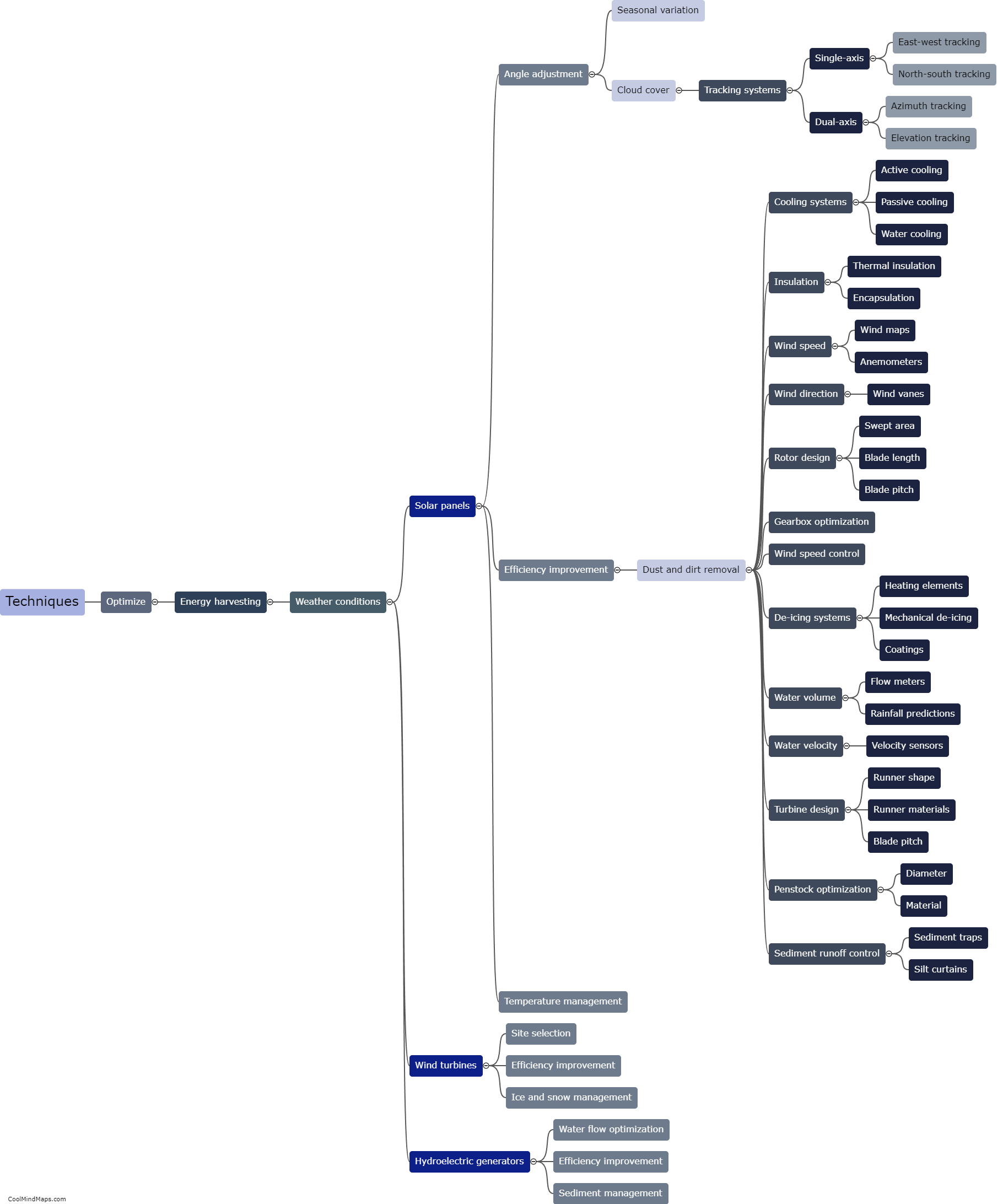How does weather affect RF energy harvesting?
Weather conditions can have a significant impact on RF (radio frequency) energy harvesting systems. One of the main factors is the presence of precipitation, such as rain, snow, or fog. These water droplets in the atmosphere can absorb or scatter RF waves, reducing the amount of usable energy that can be harvested. Additionally, strong winds and storms can cause physical obstructions or damage to the antennas and other components of the system, hindering its performance. Temperature fluctuations can also affect the efficiency of energy conversion, as certain materials used in RF energy harvesting may have temperature-dependent characteristics. Therefore, varying weather conditions must be taken into consideration when designing and deploying RF energy harvesting systems to optimize their performance and reliability.
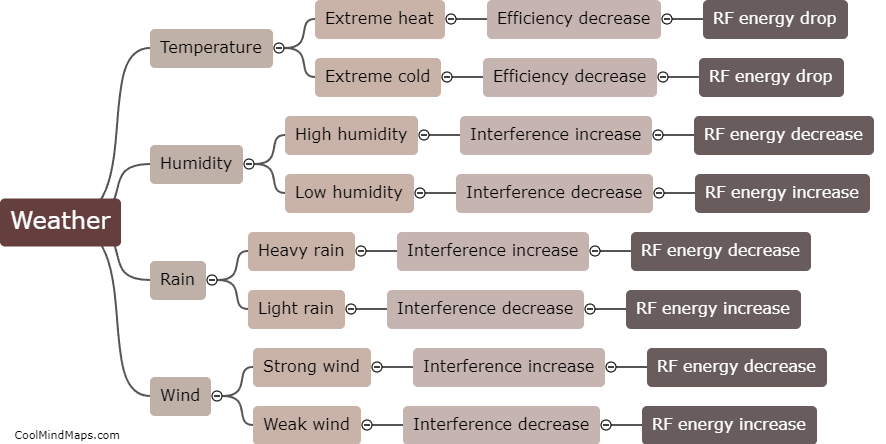
This mind map was published on 19 November 2023 and has been viewed 86 times.

